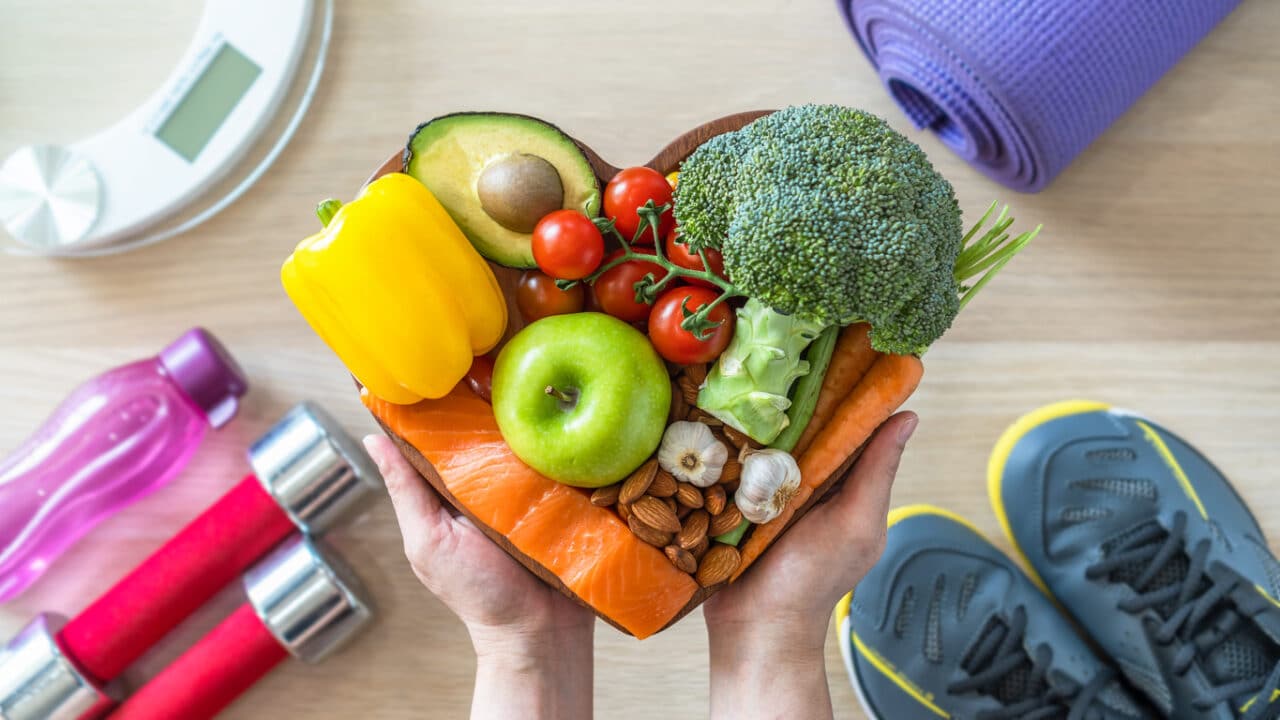
You’ve probably heard the phrase “you are what you eat.” While that may not be entirely true, the foods you consume can have a positive effect on your hearing. Studies indicate foods rich in certain nutrients can help boost your hearing. In some cases, they may even help prevent or delay hearing loss.
Omega-3 Fatty Acids
Omega-3 fatty acids, typically found in fish such as salmon, tuna and sardines, contain anti-inflammatory properties that help strengthen the blood vessels in the inner ear, helping protect against hearing loss. Research shows that individuals who eat two or more servings of fish a week are 42% less likely to develop presbycusis (age-related hearing loss) compared with those who do not eat fish regularly.
Antioxidants are another excellent source of protection from hearing loss, particularly folic acid. They help reduce the number of damage-causing free radicals in your body, and ultimately help prevent hearing loss. Good sources of folic acid include leafy greens such as spinach and romaine lettuce, black-eyed peas, kidney beans and black beans, and nuts. Persons over the age of 50 with a folate deficiency have a 35% higher risk of hearing loss.
Vitamins
Like folic acid, Vitamin B12 creates new red blood cells and improves the flow of blood to the ears. Foods high in B12 include lean meats, dairy and eggs. Clams, liver and fish are especially high in this nutrient. Vitamin C helps boost the immune system and is plentiful in citrus fruits and vegetables. Excellent choices include oranges, grapefruit and bell peppers. Vitamin E helps improve circulation and can be found in almonds, peanut butter and sunflower oil. Vitamin D keeps the bones and tissue in the inner ear healthy, preventing bone loss and otosclerosis; good sources are fish and milk.
Zinc
Zinc is another nutrient that can help protect against age-related hearing loss. It can be found in dark chocolate and oysters, among other foods. Magnesium may prevent noise-induced hearing loss. Look for it in bananas, potatoes, artichokes and broccoli.
While there’s no guarantee that consuming these foods will keep you from developing hearing loss, including them as part of your diet will help improve your overall health regardless.
“Everyone is nice and very efficient.”